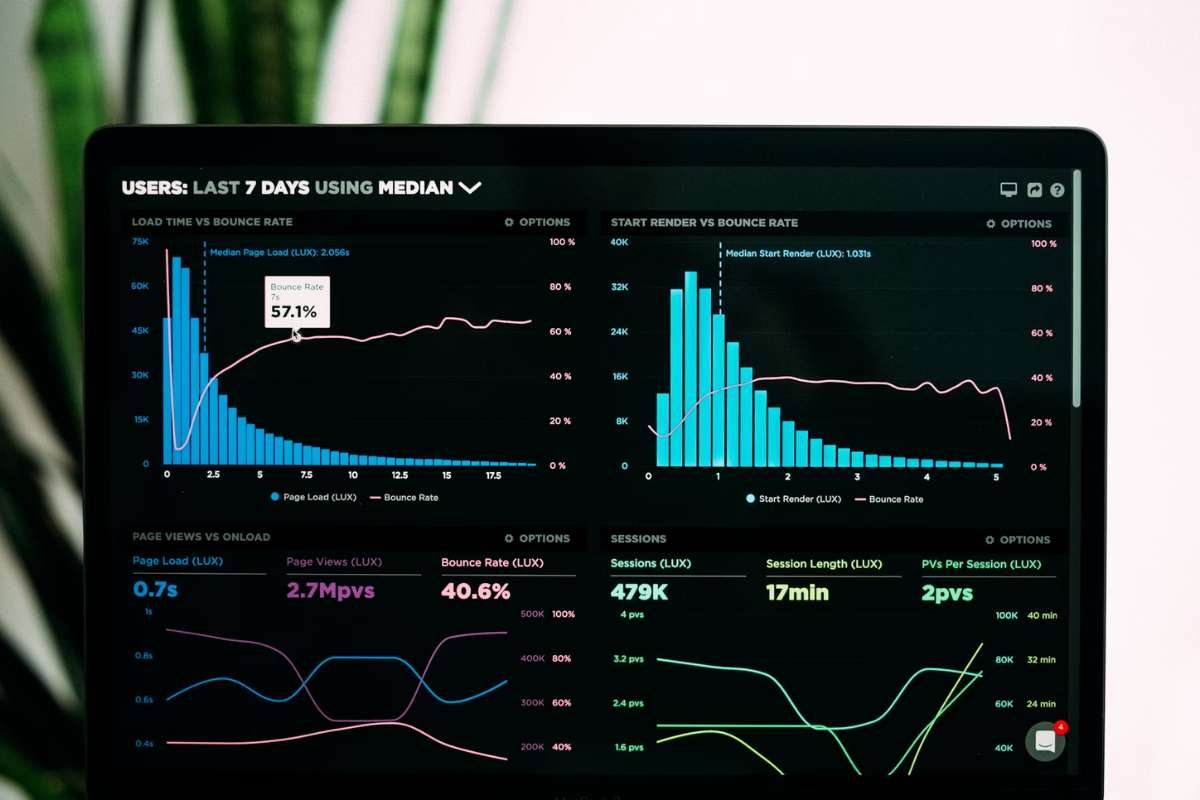The Role of AI in Nobel-Winning Research
In October, David Baker, a researcher from the University of Washington, was awarded the Nobel Prize in Chemistry for his groundbreaking work using artificial intelligence (AI) to create new proteins. While AI’s tendency to “hallucinate”—or fabricate information that appears plausible but is actually false—has often been criticized, Baker and other scientists view this phenomenon as a valuable tool in advancing their research. The Nobel Prize committee recognized Baker’s innovative approach to protein design, which has the potential to revolutionize scientific discovery and medicine.
AI Hallucinations: A Controversial Yet Powerful Tool
Artificial intelligence often “hallucinates” by generating information that it believes to be true, which can appear convincing to humans at first glance. Many have criticized this flaw, fearing its impact on accuracy. However, Baker and other scientists have discovered that these AI-generated hallucinations can spark new ideas and lead to significant discoveries. For Baker, AI hallucinations were essential in the creation of over 10 million synthetic proteins, none of which naturally occur in the environment. These proteins, which were designed from scratch, open up new possibilities in various fields, including medicine and biotechnology.
Amy McGovern, principal investigator for the federal AI institute AI2ES, explained that while the public often views AI hallucinations negatively, they have become a source of creative inspiration for scientists. Researchers are increasingly using AI’s ability to generate unexpected results to explore new avenues in their studies. James Collins, a biological engineering professor at MIT, similarly acknowledged the power of AI-generated ideas in the development of novel antibiotics.
The Future of AI in Scientific Innovation
Baker’s use of AI in his Nobel-winning research did not raise any concerns from the Nobel Prize committee. They praised his ability to produce a “series of imaginative protein creations.” His team’s work demonstrates how AI can assist in designing proteins that don’t exist in nature, a process that has far-reaching implications for drug development, disease prevention, and biotechnology.
Looking ahead, Baker is hopeful that AI will help him create proteins that can address serious health issues, such as neurodegenerative diseases like Alzheimer’s. His goal is to develop proteins capable of interacting with abnormal protein structures linked to these conditions, providing potential breakthroughs in the treatment and prevention of such diseases. While the concept of AI hallucinations may sound problematic, for scientists like David Baker, they have proven to be a valuable asset, aiding in the discovery of new proteins and fostering creative solutions to complex scientific challenges.









